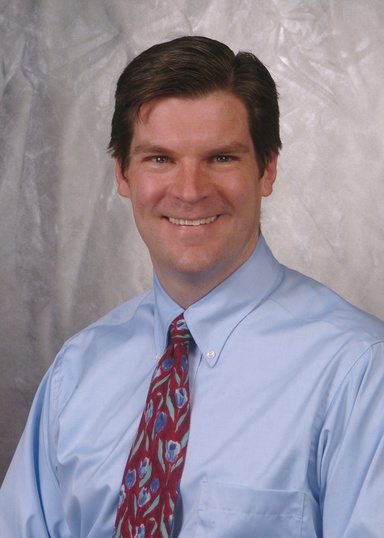A decade-old change in Medicare reimbursement policy for chemotherapy drugs has actually increased rural Iowan’s access to cancer care, according to a new study from the University of Iowa.
However, the study found that increase was due to the number of days that oncologists spend in rural outreach clinics, not by an increase in the number of clinics themselves.
To read a related story, see Cancer care may be closer than you think.
The study tracked changes in the number of visiting consultant clinics (VCCs) for oncology services in Iowa, and how many days oncologists staffed those clinics. VCCs are clinics in small towns or rural areas that aren’t large enough to maintain a full-time oncologist, and so they host a visiting oncologist from a cancer clinic in a larger city on a regular basis of at least monthly.
The study found that a 2003 Medicare change that reduced doctors’ reimbursement for chemotherapy drugs did not reduce rural access to oncology care through these VCCs in Iowa, as many critics of the rule change feared. In some ways, in fact, it actually increased access. The number of days that oncologists spent in the outreach clinics jumped from 1,688 in 2003 to 2,172 in 2011, the most recent year in the study.
However, the number of Iowa cities with a clinic hosting a visiting oncologist stayed stable at around 80.
“The growth was observed only in the number of clinic days, not the overall number of VCC sites,” says the study. Additional capacity for staffing VCCs by Iowa physicians was “dedicated to intensifying the relationship with established sites rather than adding new sites.”
The study found that number of VCC days has steadily increased since 1989, but the number of outreach clinics has not grown since the mid-1990s.
A previous UI study found that the median driving time for Iowans to a cancer clinic or VCC is 19.2 minutes, and even from isolated rural towns, the median travel time for cancer care dropped from 58 minutes to 26 minutes when VCCs were considered. Study co-author Thomas Gruca, professor of marketing in the UI Tippie College of Business, says the findings of his work suggest that VCCs could play a larger role in cancer care as the health care system is reorganized by the Affordable Care Act.

But the new study says the VCC model will face challenges to remain viable. For instance, they point out that visiting oncologists spend a lot of time and money traveling to the clinics, an amount that will only increase as chemotherapy regimens become more complex and time consuming.
Those pressures may discourage oncologists from participating in VCC programs in the future.
The study, “Trends in Medical Oncology Outreach Clinics in Rural Areas,” was additionally co-authored by Roger Tracy, retired assistant dean in the UI Carver College of Medicine and director of the Office of Statewide Clinical Education Programs; and Inwoo Nam of Chung-Ang University in Seoul, South Korea. It will be published in a forthcoming issue of the Journal of Oncology Practice. The abstract is available online.